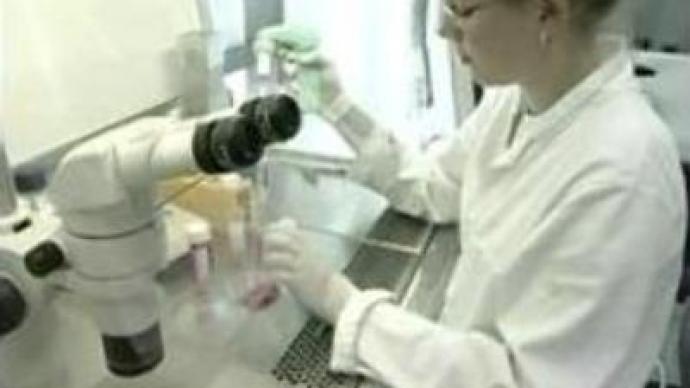Scientists claim alternative source of stem cells - possible

U.S. scientists say they've found the fluids surrounding babies in a mother’s womb to be an alternative source of stem cells to embryos. Material extracted could be just as useful in medical research as those taken from day-old embryos.
The use of human stem cells for medical research has been a topic of heated debate ever since the idea was first conceived of. While supporters argue the cells could eventually be used to cure chronic illnesses such as diabetes, Parkinson's and Alzheimer's, critics oppose the idea on ethical grounds. To them, growing human embryos to extract stem cells and then destroying them afterwards, is tantamount to murder. But now scientists at the Wake Forest University in North Carolina, believe they've found a less controversial source of stem cells. They say cells extracted from the amniotic fluid surrounding a foetus in the womb are almost as useful cells taken from embryos. “These cells are actually not human embryonic stem cells and they’re not adult stem cells but they do have qualities of both, so it’s a new stem-cell class if you will,” Anthony Atala of Wake Forest University claimed. Stem cells are so important because they can be used to create almost any type of human tissue. Last year, U.S. President George Bush used his veto for the first time against a bill that would have provided federal funding for human embryonic stem cell research, although the practice is not banned in America. If this new source of stem cells proves to be a viable alternative to the practice of growing and destroying human embryos, opposition to scientific research surrounding human stem cells could soften considerably.
You can share this story on social media:












